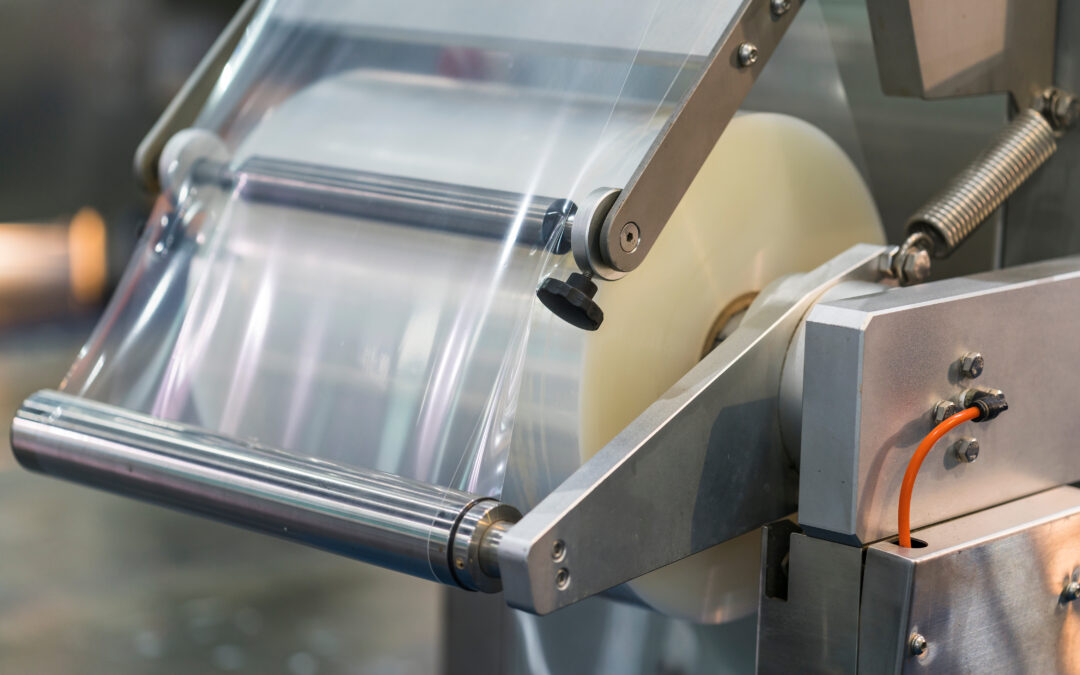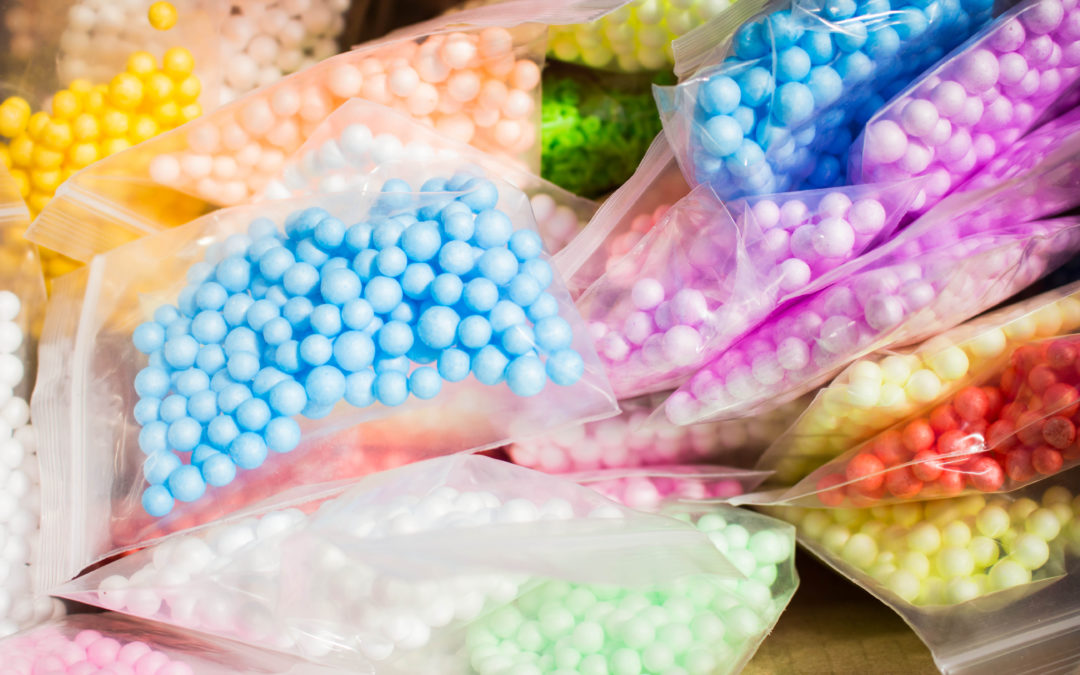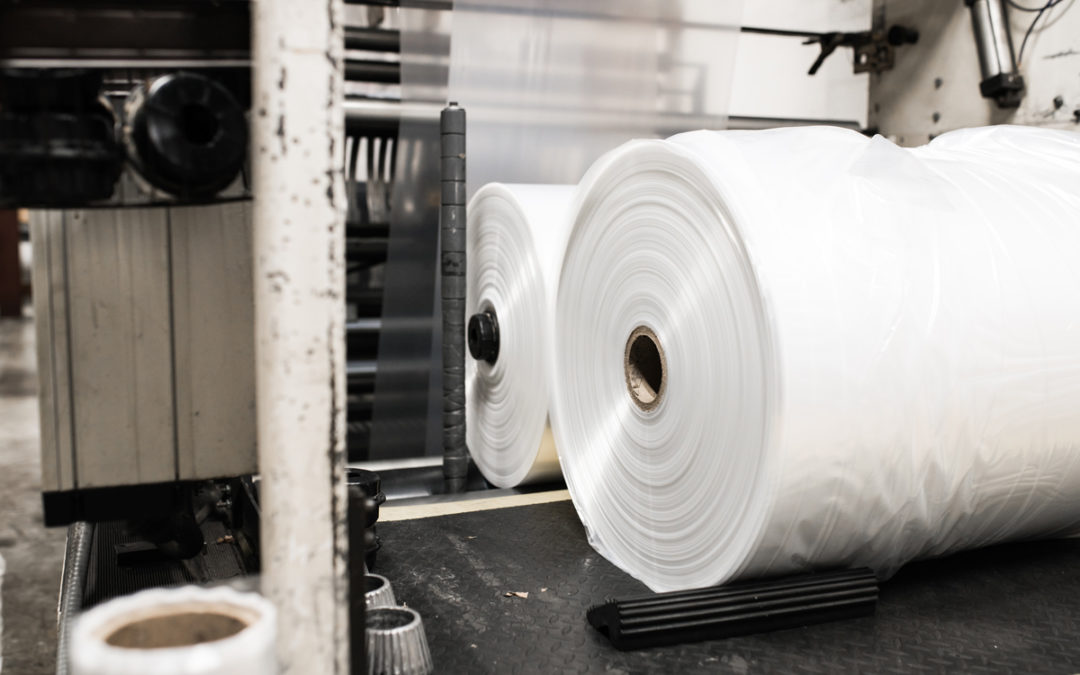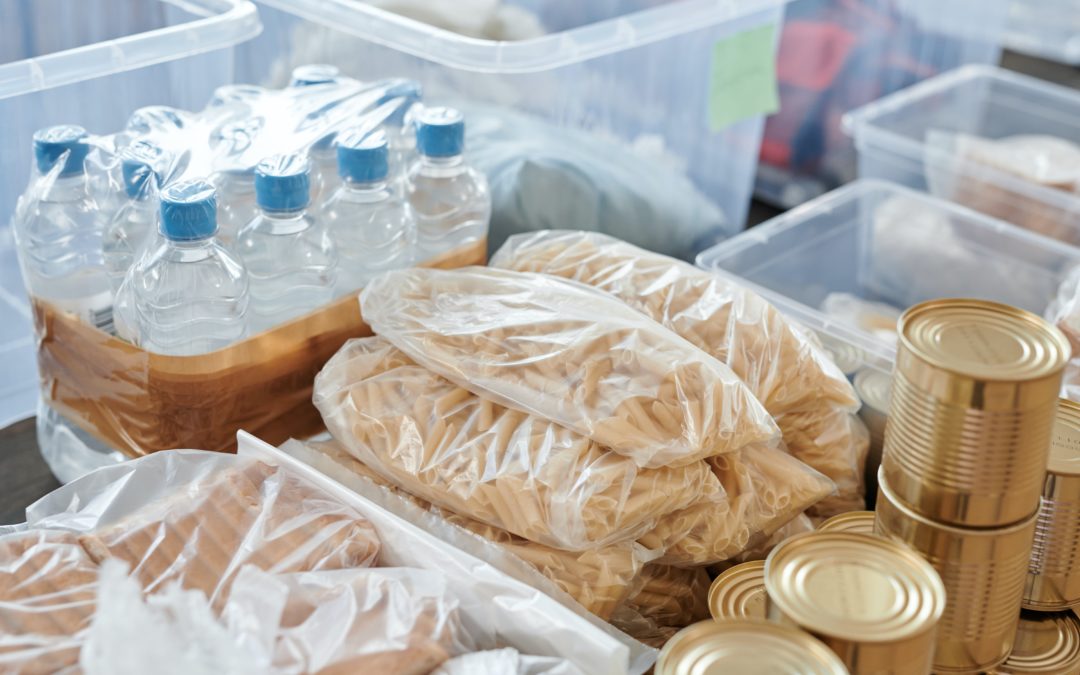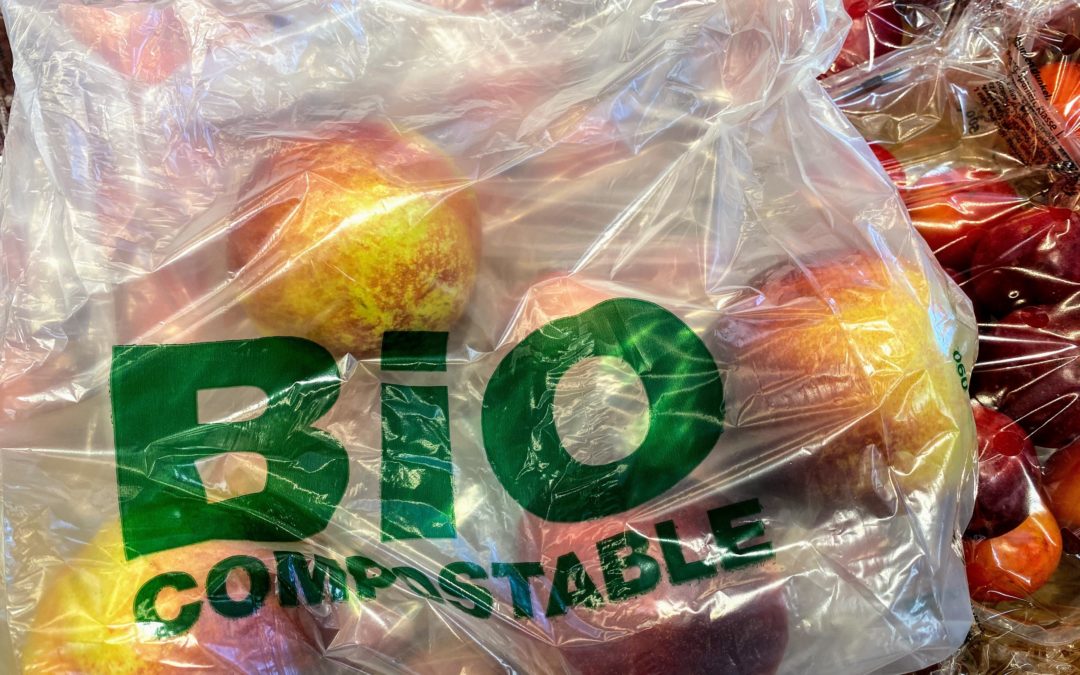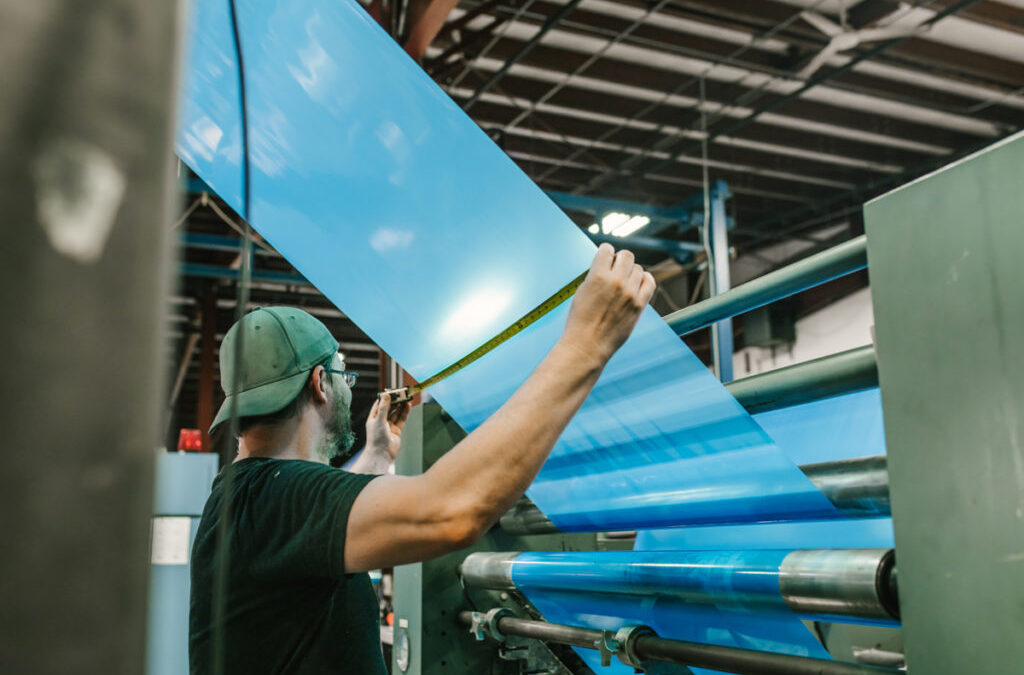
Custom Plastic Bag Manufacturers: Who They Are & What They Do
You may be wondering what sorts of industries might need customized plastic bags. The answer is — pretty much anyone who sells anything! From retailers and e-commerce stores to grocery stores and shipping companies: if you have products to carry around, then you probably need something to carry them in.
Why Should You Order Custom Plastic Bags Instead of Generic Blank Ones?
Custom plastic bags are designed to suit the specific needs of your product. And, when you work with a custom plastic bag manufacturer you trust, your poly bags can be customized to fit the shape of your product. What’s more, when you order custom plastic bags with your company logo or company name, they will help people remember your business when they see them in their homes or on their desks at work. This is a great way to build brand awareness with your customer base — helping to solidify your brand in the minds of current customers, while also helping to expose your brand to new markets.
The second reason to go with a custom manufacturer is that you get what you want. Depending on the type of product or service you sell, there may be some specific features that are important for the packaging of your product or its storage after purchase (for example, if you sell fragile items). A generic blank plastic bag won’t have these features, but those can be included with a custom one!
Get the Bags You Need, No Matter the Shape, Size, or Thickness.
Custom bags are made to fit the needs of your business, so you’re sure to get the best bang for your buck. You can get custom bags in any size, shape, or thickness needed to fit your product. For example:
- If you have a large item that needs to be shipped from one place to another, it makes sense to invest in a strong bag. A standard 14-inch by 18-inch bag may not provide enough protection for this kind of shipment and could be easily damaged during transit. Instead, consider using a plastic bag made from thick polyethylene film, which is highly durable and tear-resistant.
- If you sell small items such as cookies or gummies, these can easily fit into an 8-inch by 10-inch rectangular-shaped plastic bag with no problems! This type of custom product will protect them while ensuring they stay fresh until they reach their destination.
Custom Plastic Bag Manufacturers Offer Labeling and Branding Options
To remain competitive in today’s retail market, offering your customers something unique is essential. One way you can accomplish this is by creating a branded plastic bag that stands out from the competition. Custom printed bags are an excellent way to do this because they allow you to create a design specifically for your business and customers.
If you’re not sure where to start when it comes to designing your custom bag, here are some tips:
- Build a unique design that matches your company’s branding, including your logo and colors.
- Include relevant words or phrases: “Thanks for shopping!”
- Stand out with bright colors or an attractive design.
- Get creative with outreach — include your website URL, social media info, or even a custom QR code.
Custom Poly Bag Manufacturers Often Don’t Require a Minimum Order Quantity
While researching plastic bag manufacturers, you’ll likely find that most larger manufacturers require a minimum order quantity. This practice is common among businesses that sell products or services in bulk and want to keep their inventory costs down.
A minimum order quantity is the smallest quantity in which a company will make your custom bags. This can be an important factor to consider when choosing a plastic bag manufacturer, as it can affect both your price and the number of bags you’ll be able to get in a single purchase.
For example, if you want 100 custom-printed plastic shopping bags, but a larger manufacturer has a minimum quantity of 1,000 units, it’s inconvenient, and probably expensive, for you to order that complete 1,000 units. A custom poly bag manufacturer will likely be able to provide that smaller order you need, which means you don’t have to worry about room for storage, or paying for more than what you need.
Get the High-Quality Poly Bags You Need
Looking for poly bags in a custom size or in a smaller order quantity? A-Pac Manufacturing is your fast, local custom plastic bag manufacturer. We’re here to deliver the bags you need, in the quantities you need, on your schedule. No minimum order quantity.


